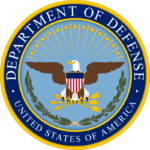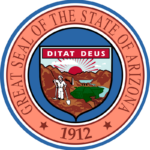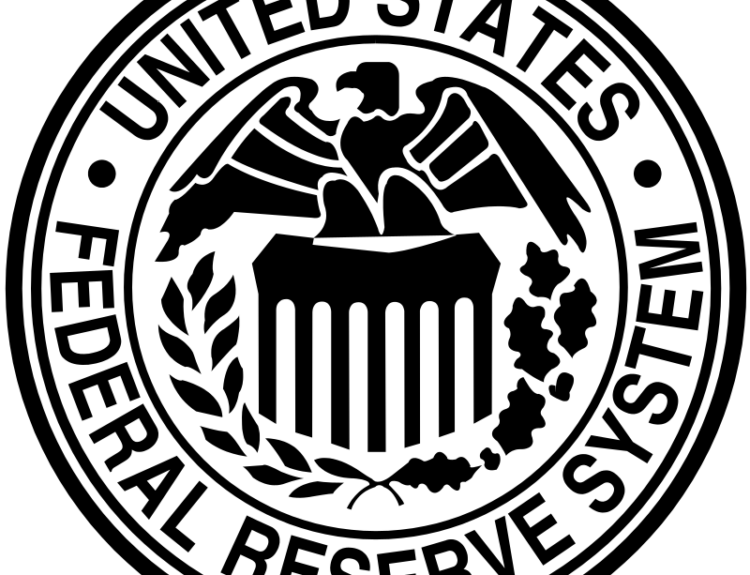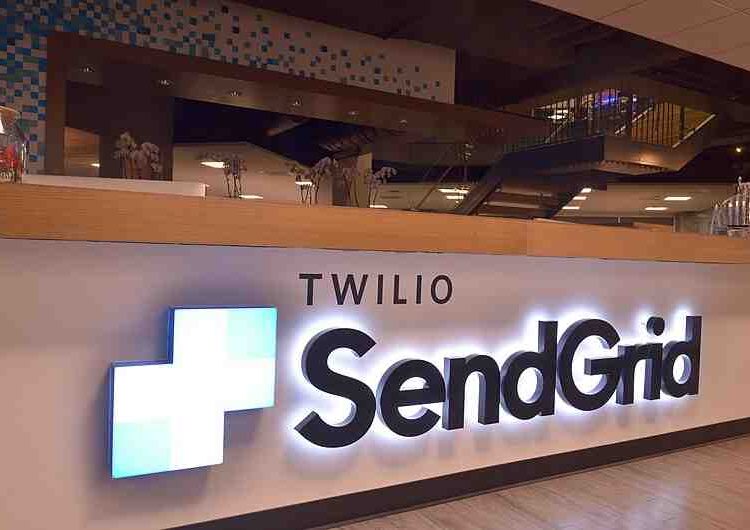U.S. crackdown reveals a web of illicit dollar transfers fueling terrorism.
- Ali Ghulam, a major player in Iraq’s banking system, allegedly funneled billions to Iran using front companies.
- U.S. officials suspect that up to 80% of dollar wire transfers from Iraqi banks were untraceable and linked to Iran’s IRGC.
- The Federal Reserve Bank of New York’s system lacked essential money-laundering safeguards, enabling illicit transactions.
- The U.S. has begun blocking certain Iraqi banks from dollar transactions to prevent funds from supporting Iranian militias.
- Iraq’s central bank is implementing new rules to enhance transparency in international wire transfers.
Ali Ghulam, known as the ‘dollar king’ of Iraq, operated three banks that transferred tens of billions of dollars abroad, ostensibly for imports like car parts and furniture. This banking system, established during the U.S. occupation, allowed the Federal Reserve Bank of New York to process Iraq’s international transactions. However, investigations revealed that Ghulam’s banks were among many that funneled money to Iran and its militia allies, using front companies and falsified invoices to bypass sanctions. Audits indicated that as much as 80% of the dollar transfers from Iraqi banks were untraceable, with significant portions likely reaching Iran’s Islamic Revolutionary Guard Corps (IRGC) and anti-U.S. militias. In response, U.S. officials have taken action to block these banks from accessing the Fed’s dollar transfer system, emphasizing the need to prevent funds from supporting the Iranian regime. The U.S. has long been aware of potential fraud in the Iraqi banking system, but fears of economic chaos in Iraq delayed stricter measures. Now, the Iraqi central bank is implementing new rules requiring banks to disclose the final recipients of wire transfers, aiming to enhance transparency and curb illicit financial activities. Ghulam, who has denied any wrongdoing, claims that the entire banking system operated under the same flawed framework. The U.S. clampdown has significantly reduced illicit dollar transactions, and Iraq plans to establish direct relationships with international banks to bypass the Fed’s system entirely.·
Factuality Level: 7
Factuality Justification: The article provides a detailed account of the banking activities of Ali Ghulam and the implications for U.S.-Iran relations, supported by audits and statements from U.S. officials. However, it includes some unverifiable claims and relies on unnamed sources, which may affect its overall reliability. While it presents a coherent narrative, the complexity of the topic and the potential for bias in the portrayal of Ghulam and the U.S. actions suggest a need for cautious interpretation.·
Noise Level: 8
Noise Justification: The article provides a detailed analysis of the banking system in Iraq, focusing on the operations of Ali Ghulam and the implications of U.S. financial oversight. It holds powerful entities accountable, discusses the consequences of financial decisions, and presents evidence from audits and official statements. The article remains on topic, avoids irrelevant information, and offers insights into the complexities of international finance and illicit transactions.·
Private Companies: Iraqi Middle East Investment Bank,Al Ansari Islamic Bank,Al Qabidh Islamic Bank,Al-Huda Bank,Silicon Valley FZE
Key People: Ali Ghulam (Banker), Brian Nelson (Under Secretary of the Treasury for Terrorism and Financial Intelligence), Ali Mohsen Al-Alaq (Governor of the Central Bank of Iraq), Hamad Al-Moussawi (Banker)
Financial Relevance: Yes
Financial Markets Impacted: The article discusses the impact of illicit dollar transactions by Iraqi banks on international financial systems and U.S. sanctions against Iran, which can affect global financial markets.
Financial Rating Justification: The article highlights significant financial activities involving large sums of money being transferred out of Iraq, potential money laundering, and the implications for U.S. sanctions and international banking regulations, making it highly relevant to financial topics.·
Presence Of Extreme Event: No
Nature Of Extreme Event: No
Impact Rating Of The Extreme Event: No
Extreme Rating Justification: The article discusses financial activities and banking practices in Iraq, particularly related to money laundering and the transfer of funds to Iran, but does not report on any extreme event that occurred in the last 48 hours.·
Deal Size: The article mentions that Ghulam’s banks sent a total of $3.5 billion outside Iraq in the six months before the 2022 ban. Therefore, the deal size is:Output: 3500000000
Move Size: No market move size mentioned.
Sector: All
Direction: Down
Magnitude: Large
Affected Instruments: Stocks
 www.wsj.com
www.wsj.com 





